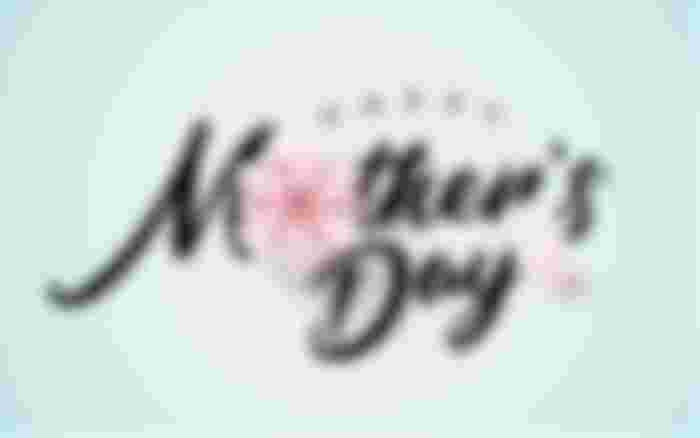The Origins of Mother’s Day

Was it a feminist cause? A pagan rite? A Christian celebration turned secular? Mother’s Day has a long and varied history, as many cultures have celebrated mothers, even if their particular festivals weren’t the ones that would ultimately morph into our current holiday.
Still, it’s a fascinating concept, and since I missed my normal Easter post, I figured I’d better not miss the opportunity to write about Mother’s Day.
Ancient Greeks and Romans
Anyone who follows me should know by now that any opportunity I have to insert the classic world into an article will be seized. Mother’s Day gives me just such an opportunity, as these cultured celebrated mothers as well.
However, they didn’t necessarily celebrate by treating their own mothers with any special regard as we do today. This was more about divine motherhood, specifically celebrating the goddesses Rhea and Cybele. Rhea was the wife of Cronos in Greek mythology, famous for feeding her husband a rock instead of allowing him to devour their most recent son, Zeus. Cybele is roughly her Roman equivalent, although she’s more associated with wild nature and her priests were all made eunuchs.
This ‘Mother’s Day’ was called Hilaria and was celebrated over the course of three days. It involved playing games and having parades, similar to the festivals surrounding other gods.
Mothering Day
Now that the ancient world is out of my system, time to indulge in another favored era of mine, the middle ages. Specifically, looking around the time of the Renaissance this time, which is a little misleading, as the Renaissance supposedly began much earlier – it just didn’t really spread until the 1600s.
Anyway, a new holiday cropped up called Mothering Sunday, which was a religious holiday for the Catholics. It was celebrated on the fourth Sunday of Lent and is more of a precursor to our modern holiday than the ancient traditions.
This holiday was viewed as a time when the faithful would return to the ‘mother’ church, or the main church within the vicinity of their home, for a special service. A special cake called a simnel cake was served and gifts were given.
Mothering Sunday began to secularize before falling out of popularity, becoming a day when children would give flowers to their mothers.
The Modern Mother’s Day Celebration
This modern holiday has its roots in the 19th century, before the Civil War, in fact. Anna Jarvis, in 1907, held a ceremony in Virginia to honor her mother, Ann Reeves Jarvis. Confusing? Yeah, the daughter was clearly named after the mother.
Moving on, Ann Jarvis helped start ‘Mother’s Day Work Clubs’ to teach women how to care for their children. After the Civil War, she organized ‘Mothers’ Friendship Day’ to help the mothers within the politically divided USA heal from the trauma of war.
Anna was successful in getting President Wilson to declare the second Sunday of May to be known as Mother’s Day. She did this through a letter-writing campaign, believing most holidays were biased toward men’s achievements.
For her, the holiday held religious significance, though she herself never had children. She eventually grew embittered at the secular way the holiday was being treated, even being arrested when she showed up to protest a Mother’s Day celebration.
But no history of Mother’s Day article is complete without the mention of another woman: Julia Ward Howe. This abolitionist suffragette wrote the ‘Mother’s Day Proclamation’, encouraging mothers to unite in promoting world peace. She campaigned for a second holiday in June called ‘Mothers’ Peace Day’, but was unsuccessful.
What are You Doing for Mother’s Day?
I miss my grandmother very deeply, but I’ll be celebrating by making my mother one of her favorite pies (recipe here for anyone who wants to try it). I have gifts ordered, but they seem to have been delayed.
